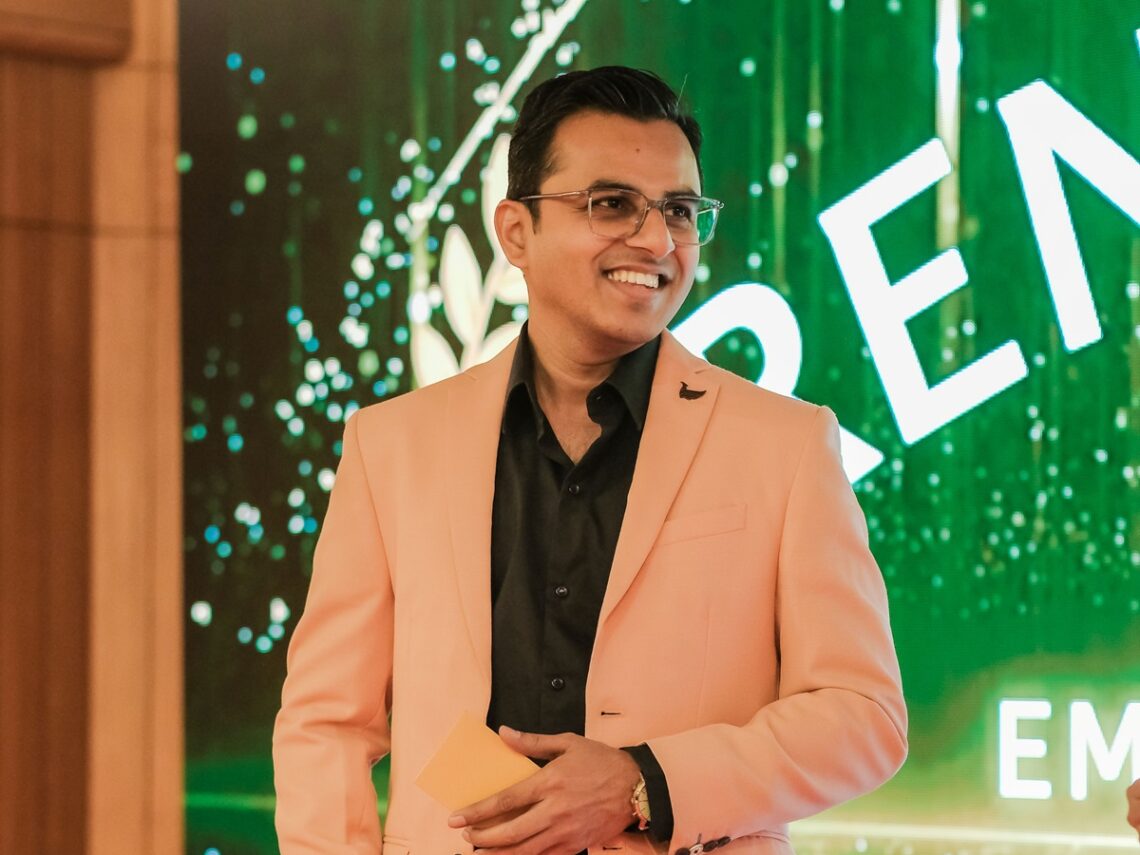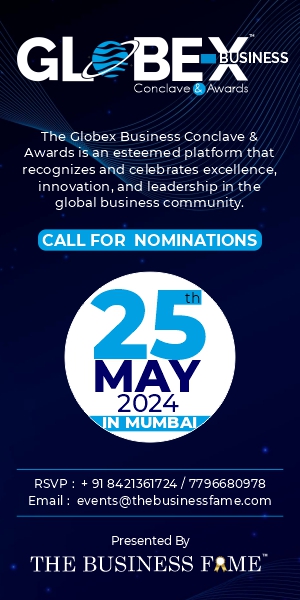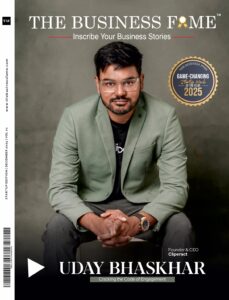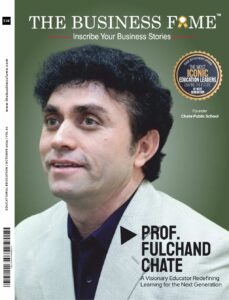The Business Fame Candid Conversation with Yashpal Gupta is Head Of India Business Operations at Sutro Li
TBF: What inspired you to join this company/ industry?
Yashpal Gupta : I often say I didn’t choose this industry—this industry chose me. Back in 2003, I was a fresh graduate, full of dreams but with little clarity about where life would take me. One day, almost by chance, I walked into an interview at AXA Business Services. I didn’t know much about the outsourcing or insurance world then, but I gave it my best shot—and I got selected. That one opportunity turned into a journey I could have never imagined.
Since that day, this industry has given me everything—my skills, my experiences, financial stability, recognition, lifelong friendships, and countless memories. It shaped not just my career but also who I am as a person. I grew through the challenges, learned from my mistakes, and evolved with every new responsibility.
Back then, we didn’t have mentors or structured guidance like we do today. We learned by trial and error—often stumbling, sometimes feeling lost, occasionally disheartened by things we didn’t understand, like workplace dynamics or unspoken expectations. Those moments stayed with me. And they became the reason I made a promise to myself: When I’m in a position to help others navigate this world, I will.
Today, with years of experience and the privilege of leadership, I feel a deep responsibility to give back—to extend a hand to those just starting out. Whether it’s coaching someone on technical skills, mentoring on professional behavior, or simply being there to listen during a tough phase, I see it as my duty to guide and uplift. Offering someone their first job, helping them take that crucial first step into the industry—that’s not just about recruitment. It’s about nation-building.
I believe that empowering young professionals doesn’t just shape their lives—it strengthens the fabric of our future workforce. And if I can play even a small part in that, then I consider it one of the most meaningful contributions of my career.
TBF: What has been your biggest challenge?
Yashpal Gupta : One of my biggest challenges—and proudest achievements—came when I was working with one of my previous company where I had been deeply involved in client management, operations training and development. But then came a moment of real crisis. One of our largest clients, contributing significantly to our business, gave us notice—they were leaving. It was a tense and high-stakes situation. If we lost them, it wasn’t just about revenue—it meant jobs were at risk, including mine.
The leadership trusted me and asked me to step in. I knew I had to act fast. I applied my Lean Six Sigma skills and began identifying the root causes behind the client’s dissatisfaction. I broke down every issue into manageable components, prioritized the most critical ones, and created small focused projects. I also mapped the strengths of team members and assigned them to areas where they could create real impact. Day and night, we worked together to fix the core problems affecting client satisfaction. I had worked extensively to build the skills of many employees, helping improve both their individual performance and the company’s overall profitability. Eventually, not only did the client stay—they expanded their engagement with us. It wasn’t just about saving a client; it was about saving hundreds of jobs, and that’s what made it one of the most meaningful moments of my career.
In another recent experience, I joined a company that was struggling to manage its India operations. There was ambiguity everywhere—no clarity on productivity, quality, effectiveness, or even what the teams were doing. Profitability was a concern, and leadership was unsure of the next steps. I came in with a clear plan. The first thing I noticed was the absence of data. So, I built systems from scratch—capturing data on productivity, quality, client satisfaction, revenue leakage, and cost efficiency.
I established end-to-end reporting mechanisms, created goal sheets, defined KPIs, and introduced monthly performance evaluations. I also designed a fair, data-driven promotion process and introduced variable pay structures to reward top performers. To foster motivation, I introduced regular feedback sessions, rewards and recognition, and created a culture of appreciation and transparency.
It wasn’t easy—there were internal politics and resistance—but step by step, we created a positive work environment. Over time, employees began to trust the leadership, performance improved, and profitability increased. What made me proud wasn’t just the operational turnaround—it was the shift in mindset, the trust we built, and the motivation that came back into the workplace.
My journey has been filled with such challenges, and each one has shaped me into who I am today. I am truly grateful for all these experiences, for the managers who trusted me, and for the teams who walked this journey with me. These moments remind me why I love what I do.
TBF: What is your leadership philosophy, and how do you ensure that it is reflected throughout your organization?
Yashpal Gupta : My leadership philosophy – Leadership is an attitude, mindset and not a position. My philosophy is grounded in integrity, empowerment, and a commitment to growth—both individual and organizational. I believe that effective leadership begins with setting a strong example. I strive to lead with transparency, consistency, and empathy, fostering a culture where people feel respected, trusted, and motivated to contribute their best work.
I view my role as a leader not just as a decision-maker, but as a coach and enabler. Empowering others through clear expectations, active listening, and support encourages innovation, accountability, and ownership. I place a strong emphasis on communication and collaboration, ensuring everyone understands the shared vision and how their role contributes to it.
To embed this philosophy into the organization, I prioritize regular feedback, professional development, and recognition of both individual and team achievements. I also work to create inclusive spaces where diverse perspectives are valued and continuous improvement is encouraged.
Ultimately, my goal is to build high-performing teams grounded in trust and aligned with a common purpose. By living out these principles daily and holding myself accountable to them, I aim to create an environment where people feel inspired to lead from wherever they are.
TBF: How do you balance the need to innovate and take risks with the need to maintain stability and profitability?
Yashpal Gupta : Balancing innovation and risk with stability and profitability requires a thoughtful, strategic approach. I believe in fostering a culture where innovation is encouraged but grounded in clear objectives and data-driven decision-making. Innovation should not be pursued for its own sake but aligned with the organization’s long-term vision and customer needs.
To manage this balance, I promote calculated risk-taking—where potential opportunities are weighed against potential impacts. This includes piloting new ideas on a small scale, using feedback and performance metrics to evaluate feasibility before committing significant resources. It’s important to create an environment where failure is seen as a learning opportunity, not a setback, while also implementing controls to protect core operations.
At the same time, I ensure that our foundational business practices remain strong. Core revenue streams, operational efficiency, and customer satisfaction are continuously monitored to maintain financial health. I involve cross-functional teams in decision-making to assess both short- and long-term implications, helping to maintain equilibrium between experimentation and consistency.
Ultimately, successful leadership lies in knowing when to push boundaries and when to reinforce stability—ensuring innovation enhances, rather than disrupts, sustained growth and profitability.
TBF: How do you identify and develop the talent within your organization, and what role do you see mentorship playing in this process?
Yashpal Gupta : As the Head of India Business Operations, identifying and developing talent is one of my top priorities, as it directly impacts our regional success and long-term organizational resilience – not only in my current organization but many in my past. I start by closely observing performance, engagement levels, and leadership potential across teams. Through regular check-ins, data-driven reviews, and collaboration with functional leaders, I identify individuals who demonstrate not only strong execution but also the curiosity and agility to grow.
Once identified, I focus on structured development—assigning high-potential talent to strategic projects, cross-functional initiatives, or client-facing roles that stretch their capabilities and expose them to broader business challenges. This is especially critical in a dynamic and fast-evolving market like India, where adaptability and innovation are essential.
Mentorship plays a central role in this journey. I personally mentor key emerging leaders and encourage a mentorship-driven culture throughout the organization. This helps transfer knowledge, instill values, and accelerate leadership readiness. It also fosters trust and engagement, which are crucial in building high-performing teams.
By aligning talent development with business goals and nurturing potential through mentorship, I ensure that our India operations have a strong leadership pipeline and the agility to meet both current and future challenges.
TBF: How do you approach risk-taking and decision-making in your business, and what steps do you take to mitigate potential risks?
Yashpal Gupta : As a leader of the organization, I approach risk-taking and decision-making with a balance of strategic foresight, data-driven analysis, and agility. India is a diverse and rapidly evolving market, which means that timely decisions—often involving calculated risks—are necessary for growth and competitiveness.
My decision-making process begins with a clear understanding of the business objective, supported by market intelligence, financial data, and stakeholder inputs. I encourage a culture where informed risk-taking is welcomed, provided it aligns with our strategic priorities. Before making key decisions, I assess potential risks through scenario planning and impact analysis, considering both short-term disruptions and long-term implications.
To mitigate risks, I implement a layered approach. This includes contingency planning, defining clear success metrics, and putting safeguards in place such as phased rollouts, pilot programs, or cross-functional reviews. I also emphasize strong governance, internal controls, and compliance to protect our operations and reputation.
Moreover, I believe in transparent communication and empowering local teams to flag issues early. By fostering a proactive risk culture and integrating risk management into our decision-making framework, we maintain agility while protecting stability—ensuring that bold moves are backed by smart, sustainable execution.

